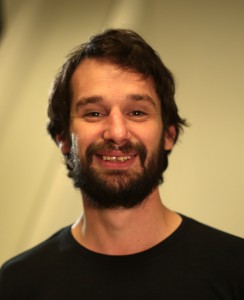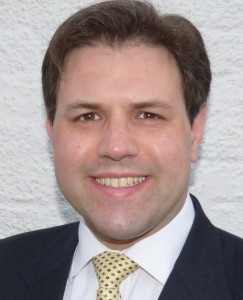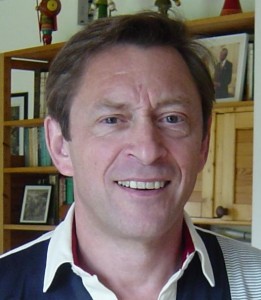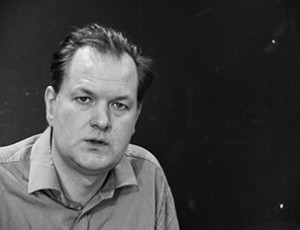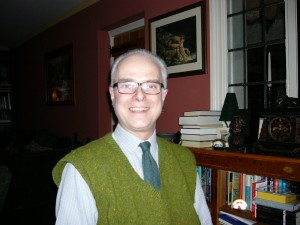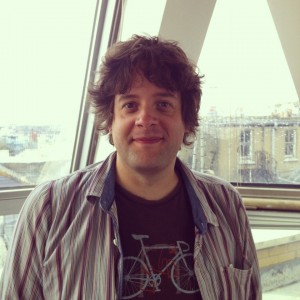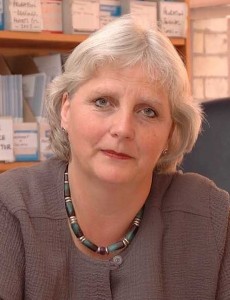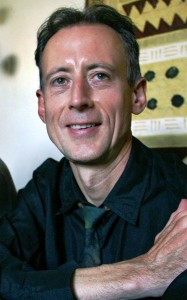Can we bring meaning into markets and design new economics around the needs of people? 30/01/15
We live in a world where markets are our Gods and we worship at the altar of
consumerism. Elected governments struggle to stand up to the demands of
powerful Big Business, and any attempt to make decisions based upon the needs
of people of planet is met with the full financial force of trans-national
corporations and they lobby organisations that they founded.
For example, the recent TTIP trade agreement includes a clause (investor-state
dispute resolution) that allows private business to demand compensation and
legislative change from governments who have passed laws that may affect their
profitability – even if these changes to the law are there to protect people’s
rights, or to ensure industry meets certain environmental standards.
In a world where capital is king, is it possible (or even desirable) to make
decisions, pass laws and generally shape our future in ways that are designed
around the best interests of people and planet, rather than corporations and
profits? If not, what systemic changes are needed to bring meaning and purpose
into markets and to empower people to stand up to the relentless demands from
business for growth at all costs?
Dr Mick Taylor
Mick is a former teacher of mathematics who moved to Sussex in 2009 to study a
PhD in complex systems and epidemics at the University of Sussex. During this
time he became an active monetary reformer, and has spoken extensively on the
negative impact the design of our money supply has upon things such as
inequality, social exclusion and environmental degradation.
Upon completion of his PhD, he decided to stop complaining about what was
wrong with our current financial system and start building an alternative. Hence
earlier this year Mick co-founded Goodmoney CIC, a Brighton-based social
enterprise whose aim is to provide ethical financial services designed around the
needs of small businesses, local communities and everyday people.